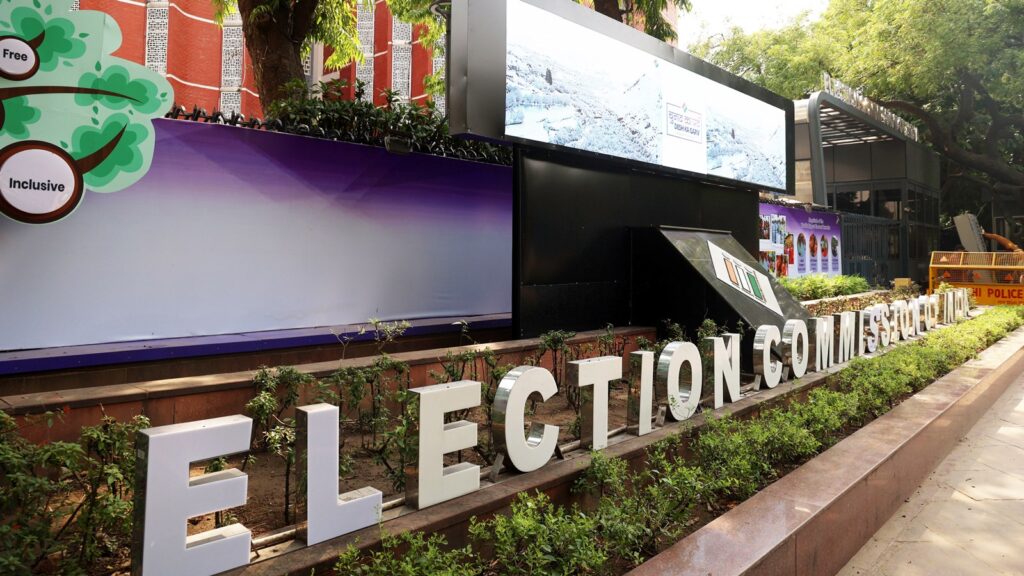Form 17C is a crucial document under the Election Rules, and its importance cannot be overstated. Aspiring civil servants, especially those preparing for the UPSC (Union Public Service Commission) exams, should familiarize themselves with Form 17C. In this article, we’ll delve into what Form 17C is, its components, and why it matters in ensuring transparency and accuracy during elections.
Table of Contents

What Is Form 17C?
Form 17C serves as a comprehensive record of information provided to polling agents. Here are the key details included in Form 17C:
- Number of Voters Assigned to Each Polling Place: This section specifies the number of voters assigned to a particular polling station.
- Total Number of Registered Voters in a Given Area: It provides an overview of the total number of registered voters within a specific geographical area.
- Number of Voters Who Didn’t Vote: This figure represents the voters who were registered but did not cast their votes.
- Number of Voters Denied the Opportunity to Cast Their Franchise: It accounts for instances where voters were unable to exercise their right to vote.
- Total Number of Votes Tallied by EVM (Electronic Voting Machine): This section records the overall count of votes cast using EVMs.
- Identification Number of the EVMs: Each EVM used in the election process has a unique identification number.
- Names of Candidates and Total Votes Received: The names of candidates contesting the election and the total number of votes each candidate received are documented.

Why Is Form 17C Important?
- Transparency and Accountability: Form 17C plays a critical role in ensuring transparency and accountability in the electoral process. By recording essential data related to voters, votes, and candidates, it acts as a bulwark against electoral fraud.
- Legal Challenges: In case of disputes or legal challenges regarding election results, Form 17C serves as crucial evidence. It can be used to verify the accuracy of the vote count and address any discrepancies.
- Supreme Court’s Stance: The Supreme Court of India has upheld the use of EVMs and rejected petitions seeking 100% verification of votes using Voter-Verified Paper Audit Trails (VVPATs). Form 17C provides an alternative mechanism for verifying election results.
- Immediate Sharing with Polling Agents: Polling agents receive a copy of Form 17C immediately after the close of polling. This ensures transparency and allows them to cross-check the data.
As UPSC aspirants, understanding Form 17C is essential. It not only enhances your knowledge of the electoral process but also equips you with valuable insights into maintaining the integrity of elections. Remember, Form 17C is more than just a form—it’s a safeguard for democracy.
